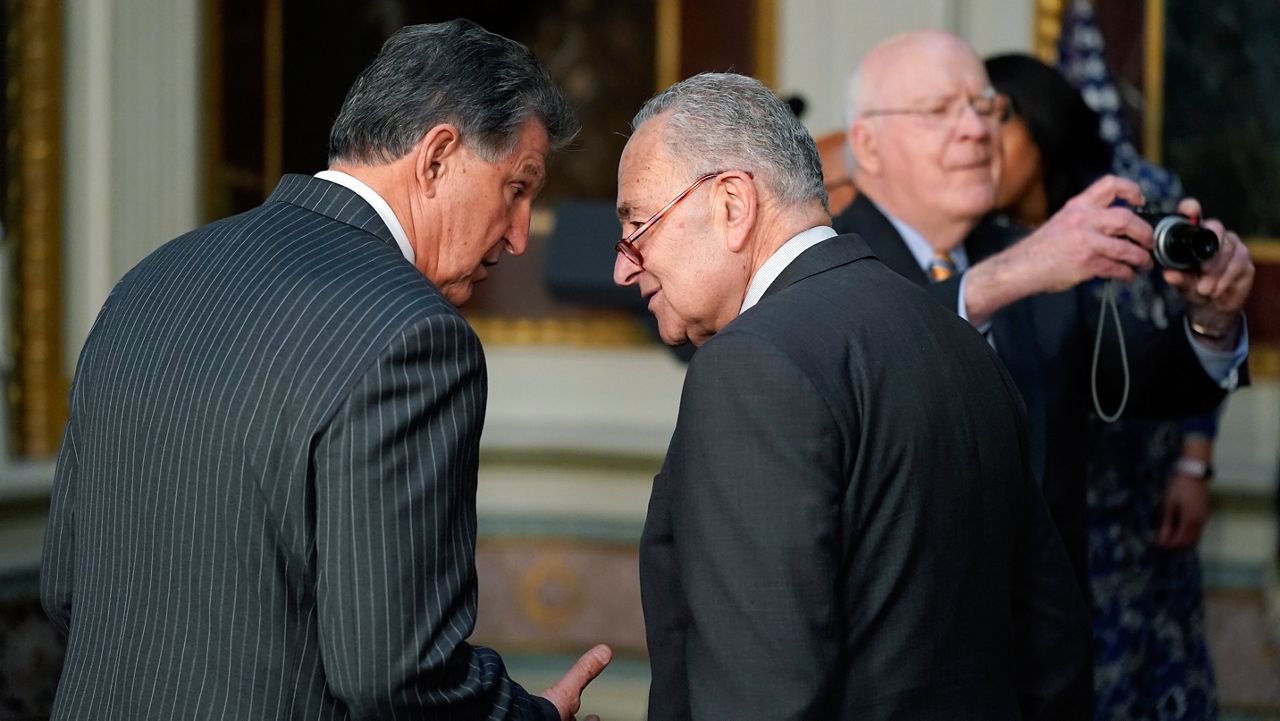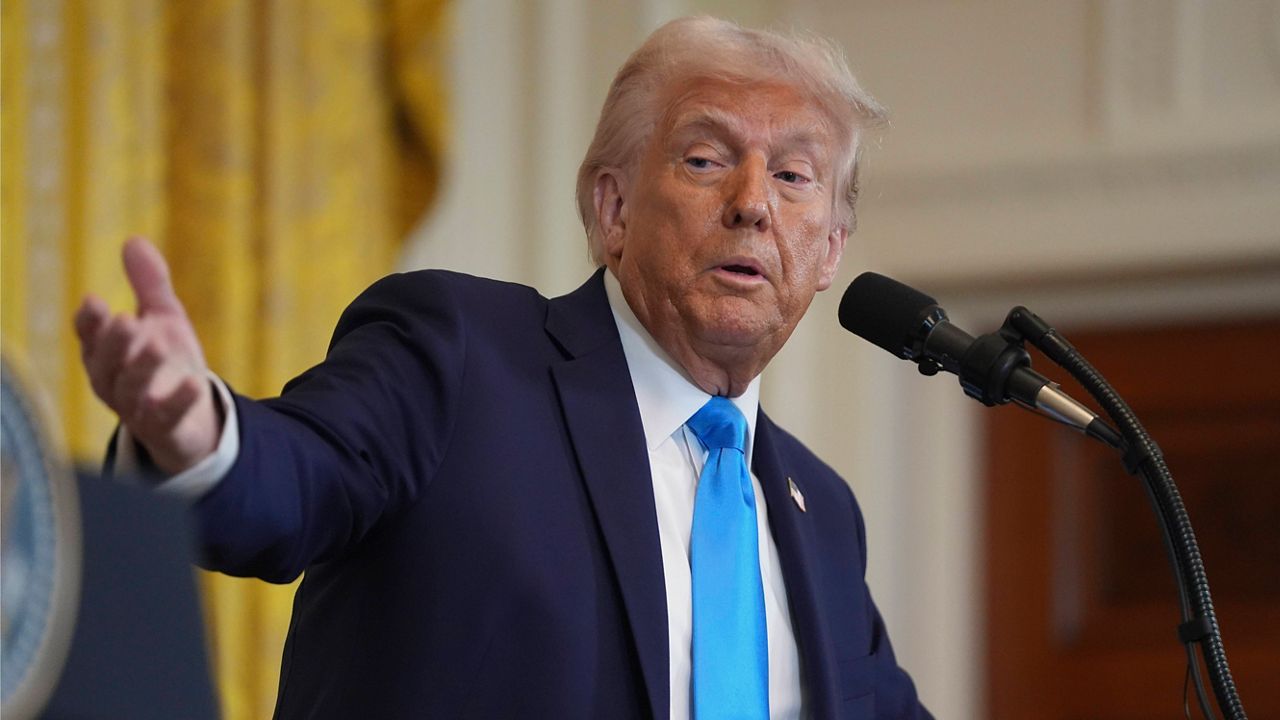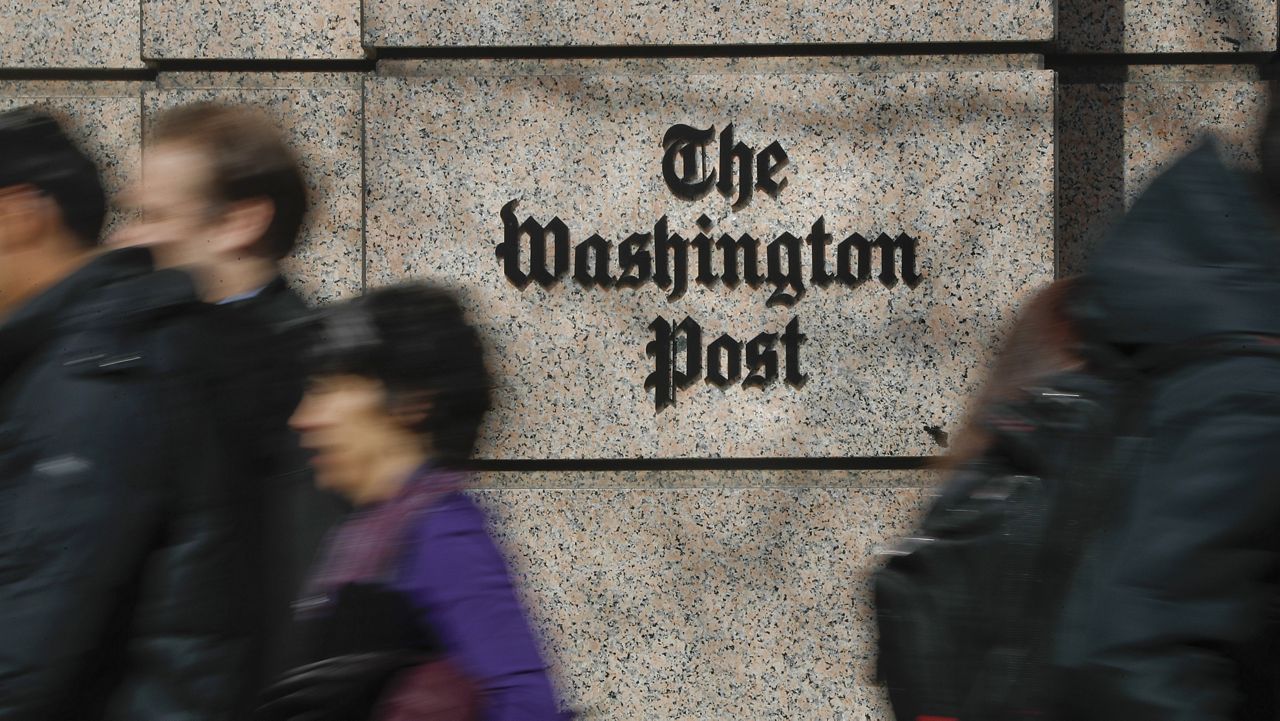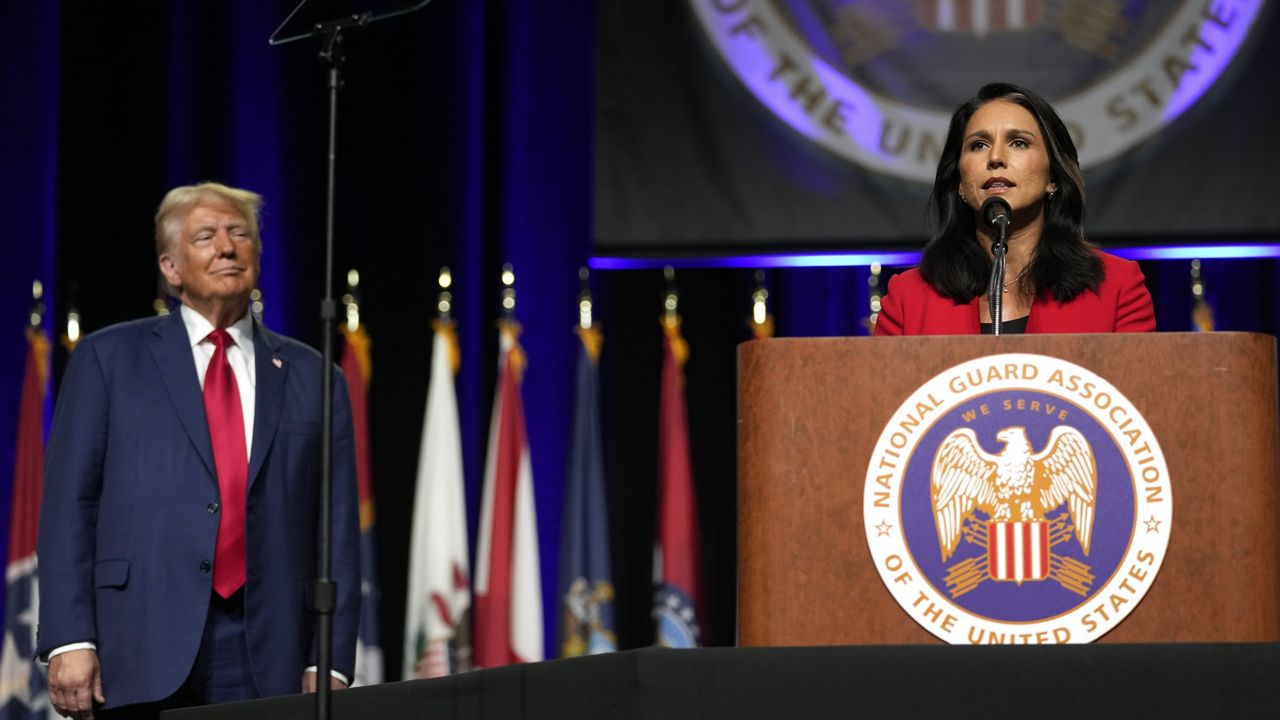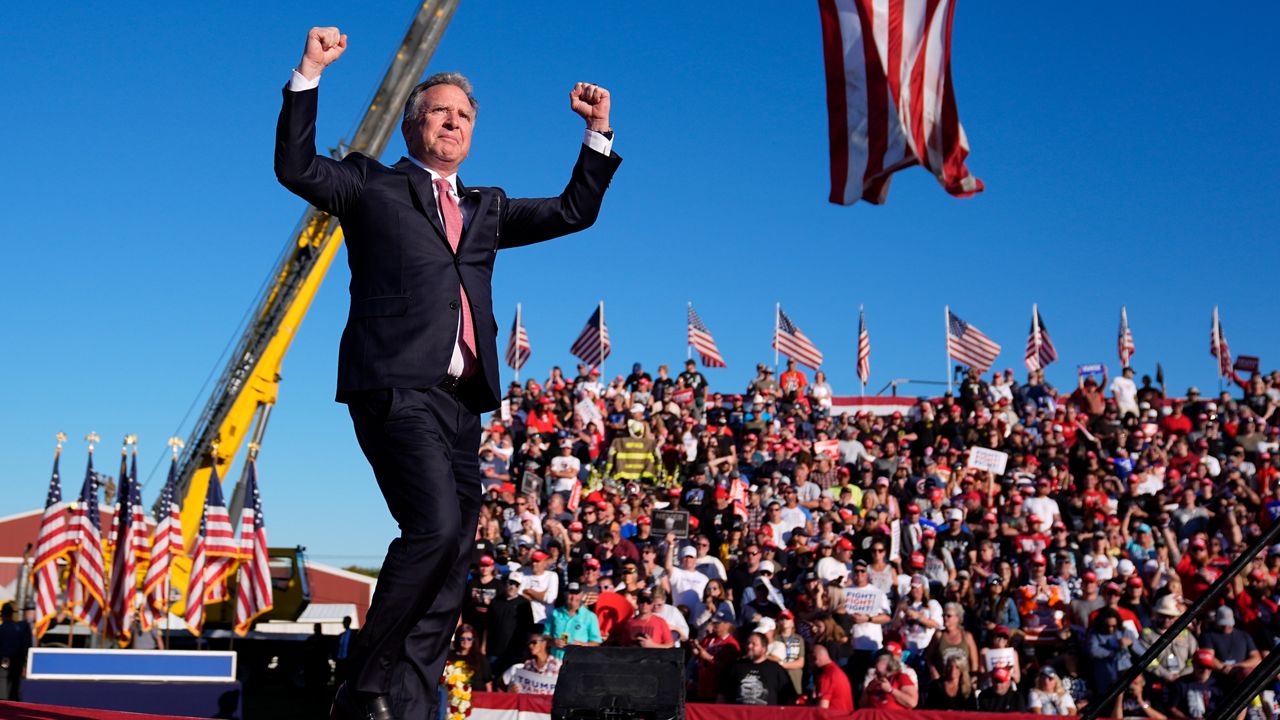Speaking on a series of Sunday talk shows, West Virginia Sen. Joe Manchin — one of the architects behind a sweeping bill aimed at fighting inflation, addressing climate change and cutting health care costs — sought to sell the $739 billion measure to the American people, as well as fellow moderate holdout Sen. Kyrsten Sinema of Arizona.
Senate Majority Leader Chuck Schumer, D-N.Y., who negotiated the bill with Manchin, said on the Senate floor Monday that they will take action in the coming days on the bill, which he touted as "historic."
The measure, known as the Inflation Reduction Act of 2022, would lower prices on some prescription drugs, extend Affordable Care Act subsidies, invest $369 billion in fighting climate change and energy production and pay down the federal deficit by $300 billion.
“This is all about fighting inflation,” Manchin told ABC’s “This Week” on Sunday. “Inflation is just absolutely destroying families across West Virginia and across America, high price of gasoline just to go to work, high price of food just to … sustain yourself during the day and every day for your family, and then the high cost of energy and any and everything else you want to do in life is taking a tremendous toll, that's what this is about.”
In terms of revenue, it would impose a 15% corporate minimum tax on companies worth $1 billion or more, increase IRS enforcement and close the so-called carried interest loophole — a key tax provision that Sinema is opposed to.
While Sinema has not yet signaled which way she is leaning, Manchin told NBC’s “Meet the Press” that he “would like to think she would be favorable towards” the measure.
“Kyrsten Sinema's a friend of mine, and we work very close together,” he told NBC’s Chuck Todd on Sunday. “She has a tremendous, tremendous input in this piece of legislation. This is things that everyone has worked on over the last eight months or more. And she basically insisted that ‘no tax increases,’ we've done that. She was very, very adamant about that, and I support and I agree with her.”
“She was also very instrumental in making sure that we had drug prices that Medicare could compete on certain drugs to bring it down so that there wouldn't be an impact on individuals, on Medicare across,” he continued. “She’s done all this, so she has a tremendous amount of input in this piece of legislation.”
Manchin pushed back on the assertion that the bill would raise taxes, a key point of opposition for Sinema. When asked how levying a new tax on corporations might impact the economy, the West Virginia Democrat told “Fox News Sunday” that “we did not raise taxes, we closed loopholes.”
“I agree with [Sinema] 100% we’re not going to raise taxes, and we don’t,” Manchin said.
“I agree with my Republican friends that we should not increase taxes. And we did not increase taxes,” he separately told “Meet the Press” on Sunday. “This is an all-American bill.”
But, Manchin asserted, the highest earners and corporations should pay their fair share.
“People should be paying their fair share, especially the largest corporations in America that have a billion dollars of value or greater,’ he told CNN’s “State of the Union” on Sunday. “Can't they pay at least 15%, so that we can move forward and be the leader of the world and the superpower that we are?"
With Senate lawmakers hoping to pass the bill using the chamber’s reconciliation process, every vote is crucial in the 50-50 Senate, giving Sinema — and every Democrat — essentially veto power on the legislation. Sinema and Manchin previously blocked plans to pass a $3.5 trillion social spending and climate change bill loaded with Democratic priorities, known as the Build Back Better bill.
Schumer said that Democrats' "timeline has not changed and I expect to bring this legislation to the Senate floor to begin voting this week."
Schumer read figures from a number of economists and economic groups which praised the bill's benefits, and extolled the bill's benefits in terms of job creation and reducing greenhouse gases.
"At the end of the day, the American people want us to do a few straightforward things," Schumer said. "They want us to lower the costs of daily expenses like health care and drugs. They want us to lower energy costs and protect our planet. From future generations. And they want to make sure that everyone plays by the same rules, and that we close loopholes long exploited by powerful corporations."
"That's what the Inflation Reduction Act will do, and soon Democrats will take action to pass this bill. And deliver on our promise to make better the lives of the American people," he added.
Despite the fact that Republicans seem universally lined up to oppose the bill, Manchin told CNN that he believes in "normal times" his GOP colleagues would support the bill.
"I think it's a great piece of legislation and on normal times, my Republican colleagues would be for something such as this," he said. "We've basically paid down debt, [which] is what they want. We've accelerated permitting, which is what they want. And we've increased production of energy, which is what they want. We've done things that we should be doing together."
"We're doing everything we can to make sure we attack the problem [of inflation]," Manchin said. "And these are solutions to the problems we have. So I know the ones playing politics with it."
The Associated Press contributed to this report.




